Practising shouldn't be boring. With techniques drawn from sport psychology you can retain more of what you learn, says musician and performance psychology expert Christine Carter
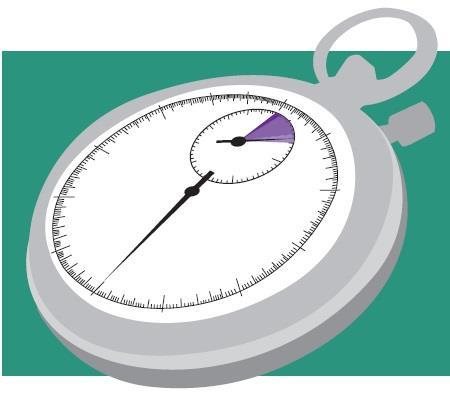
Although the blocked practice schedule (working on one task from start to finish and then moving on to the next task) is intuitive and leads to initial performance gains in the practice room, it is not the most efficient strategy for long-term learning.
Many musicians have experienced the frustration of putting in a long day of practice and returning the next day only to find that the gains did not stick.
Study after study has shown that a more effective technique for long-term retention is the random practice schedule. This takes the longer chunks of time and breaks them up into smaller recurring chunks.
Let’s look at a swimming example. The hour can be divided by having the swimmer spend five minutes on stroke A, B and C, returning to each of the strokes four times (ABC, ABC, ABC, ABC). The swimmer could also spend two minutes on each of the three strokes, returning to each of the strokes ten times.
The net result of these alternatives is still 20 minutes spent practising each stroke, but with far more variety. While a true random order might look more like ACB, CAB, BAC, CBA, a repeating sequence is often used in sport to prevent having the same task occur twice in succession, which would inadvertently create a longer block.
So how can the random practice schedule be applied in the practice room? Rather than spending long, uninterrupted periods of time on each excerpt or section of a piece, pick a few passages you would like to work on and alternate between them.
If you want to spend a total of 20 minutes on a particular excerpt, practise in shorter segments, continually returning to that excerpt until you have achieved your 20-minute goal. Experiment with lengths of time. If you are practising very short excerpts, you may be able to switch between them at a faster pace than would be required for longer sections. You can use an alarm clock to time intervals, or take a more freestyle approach.
This practice schedule can also be applied to technique. Many musicians complete all of their scales and technical exercises at the beginning of their practice sessions, and often in the same order (for example, long tones, scales, 3rds, arpeggios). You can switch between these different exercises and also intersperse them with your work on excerpts and repertoire. An example of an hour-long practice session might look something like this:
Length Exercise/Passage
2 minutes Long tone, scale, long tone, scale
6 minutes Concerto exposition
2 minutes 3rds, arpeggio, 3rds, arpeggio
5 minutes Excerpt 1
5 minutes Excerpt 2
Repeat this 20-minute sequence twice to fill one hour
The permutations are endless and the exact division of time is not important. What is crucial is that you are staying on your toes by varying the material. This is more challenging, of course, as you are repeatedly forced to restart different pieces, retrieving the mental script for the task at hand. But it is precisely this challenge that produces such valuable outcomes.
In addition to increases in long-term learning, your mind stays more engaged and time seems to fly by much faster. Because of the short individual practice segments, you are also forced to be more goal-oriented. Although all time is finite, we are better at recognising the finite nature of 3 minutes, as compared with 60 minutes. When we know we only have 3 minutes to accomplish something, we are more likely to make good use of those minutes.
There are occasions, however, when a more blocked practice schedule is helpful. When preparing for a concert or audition, for example, full run-throughs of material become critical in the weeks leading up to ‘game day’. You can still use random practice schedules to work out any problematic passages, but these can be balanced with mock run-throughs.
Read: How to use ‘flow’ to make the most of your practice
Read: 7 views on repetitive practice
This article was published as part of a larger feature on Practice Techniques in The Strad’s December 2012 issue – subscribe and login, download on desktop computer or through The Strad App.



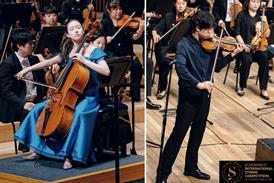
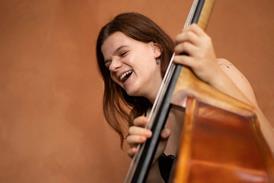








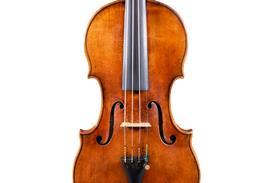
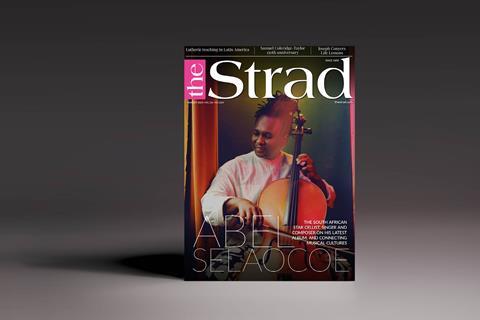




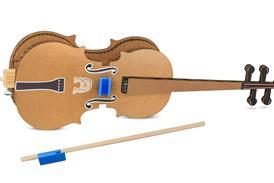














No comments yet